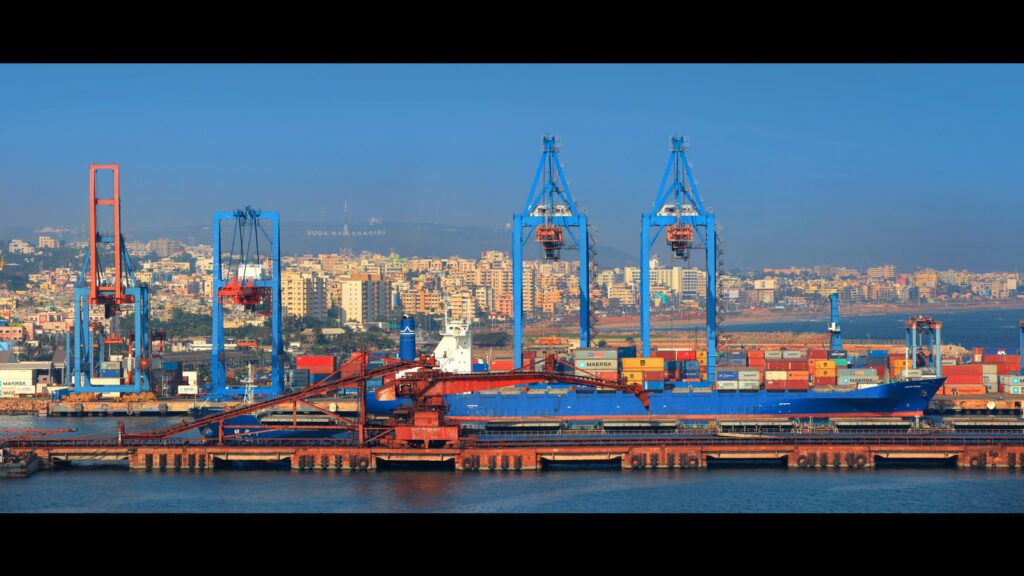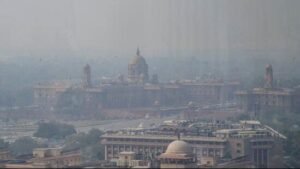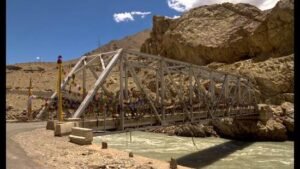
In a world (dis)order marked by narrow nationalism, protectionism, exaction and aggression, how can a rising power ensure its continued upward mobility? This is a fundamental grand strategy question facing India’s policymakers as they reckon with an uncertain, mean-spirited and risky international environment where sudden and unexpected pressures and twists are the new normal. Given the limits of any single country in reversing or correcting the course of the current global trend towards self-help and self-centred behaviour, it is logical for India to focus on what lies in its own hands, i.e. building indigenous capabilities that can shield it from the vicissitudes of adverse international headwinds.

External affairs minister S Jaishankar has spelled out three concepts guiding India’s approach to the contemporary world, viz. self-reliance (aatmanirbharta), self-protection (atmaaraksha) and self-confidence (atmavishwasThe same three principles were reiterated by commerce and industry minister Piyush Goyal, who cited the context of a “new geopolitical and geoeconomic order” and stressed the need to bank on oneself during “difficult times”. While the three “self” ideas are not freshly minted, they are being articulated as a troika due to multi-dimensional international risks which have been piling up. The Narendra Modi government made self-reliant India a primary policy objective in 2020 as the Covid-19 pandemic unleashed selfish worldwide export controls and trade restrictions on essential commodities. The Aatmanirbhar Bharat motto got another fillip in 2022 when western economic sanctions over the Russia-Ukraine war triggered global food, fertilizer and energy shortages.
The latest boost to India’s self-reliance drive came from the harsh and unreasonable trade tariffs slapped by the US administration, which confirmed that the liberal international order based on interdependence. had collapsed. Additional developments like the US policy pivot on H-1B visas, US sanctions on India’s Chabahar port project in Iran, and China’s imposition of export restrictions on rare-earth minerals and magnets have caused defensive ripples in India, where over-reliance on a few external sources for raw materials, markets and profits is being seen as unwise and unsafe.
Goyal’s assertion that “we are building value-chains which can give us end-to-end assurance that we will not be subject to any weaponisation of trade” is a response to American and Chinese blackmail. tactics. Initiatives like the National Critical Mineral Mission (NCMM), the National Mission for Artificial Intelligence (IndiaAI Mission), and the India Semiconductor Mission (ISM) derive from the stark reality that no rising power can afford to be dependent on fickle foreign magnanimity in core industrial and technological fields amid what Jaishankar terms as “the weaponisation of everything” and the need to “de-risk our exposures and engagements”. Even in the energy sector, which has been India’s Achilles heel owing to decades-long dependence on foreign suppliers of fossil fuels, a push is being made under the National Deep Water Exploration Mission (Samudra Manthan) to scout for oil and gas in pivotal sites like the Andaman Sea.
If these mission-mode operations fructify, India will give itself a chance for leapfrogging economic growth that is not hostage to volatile international crosscurrents. These national missions can also propel India to become a more capable provider of regional and international public goods and a bigger exporter of goods and services to the rest of the world, a notion captured in Modi’s approach that “vocal for local” should lead to “local for global”.
Although economic considerations are foremost for India as it grapples with the breakdown of globalization and the resurgence of neo-mercantilism, non-economic factors are also salient due to the present-day conflict-ridden and insecure geopolitical circumstances. Jaishankar’s call for self-protection and “securing ourselves” through “zero-tolerance for terrorism, robust defense of our borders, and assisting our community abroad” suggests India is determined not to outsource its national security functions.
In the wake of facile claims that the US brokered a ceasefire between India and Pakistan during their military confrontation in May 2025, India is preparing for a future where it pushes back against the twin menaces of terrorism. and territorial expansionism without being buffeted by the whims of capricious foreign partners. The relative success of indigenous weapon systems during Operation Sindoor has infused optimism that self-protection is feasible. India is, of course, miles away from fulfilling its long-elusive goal of fully indigenising defense manufacturing in many critical domains. A National Indigenous Defense Modernization Mission with measurable timelines, which harnesses the private sector and eliminates bureaucratic obstacles, could do wonders.
Lastly, India is pledging to act with greater self-confidence in its foreign policy. Jaishankar has argued that as a civilizational State and a rapidly growing economy, “we are confident about who we are, and what we will be” and that India “will always maintain its freedom of choice” in world affairs. This is a pointed rebuttal of expectations and demands from great powers that India should bend to their will during international crises. Although strategic autonomy is an age-old maxim in India’s playbook, practicing it is becoming more common and natural today due to the self-assured and assertive stance of the Modi government.
All in all, the three “self” doctrine does not mean India is returning to the pre-1991 era of inward-looking socialist autarky or that it will no longer forge foreign partnerships. For example, Google’s mammoth $15 billion investment to build an AI hub in Visakhapatnam dovetails with and advances the national IndiaAI Mission. India intends to remain engaged with likeminded global nodes of finance and technology, but in ways that would strategically endow and equip it with homegrown capabilities and attitudes to survive and thrive in a nasty and brutal world.
Sreeram Chaulia is dean, Jindal School of International Affairs. The views expressed are personal




